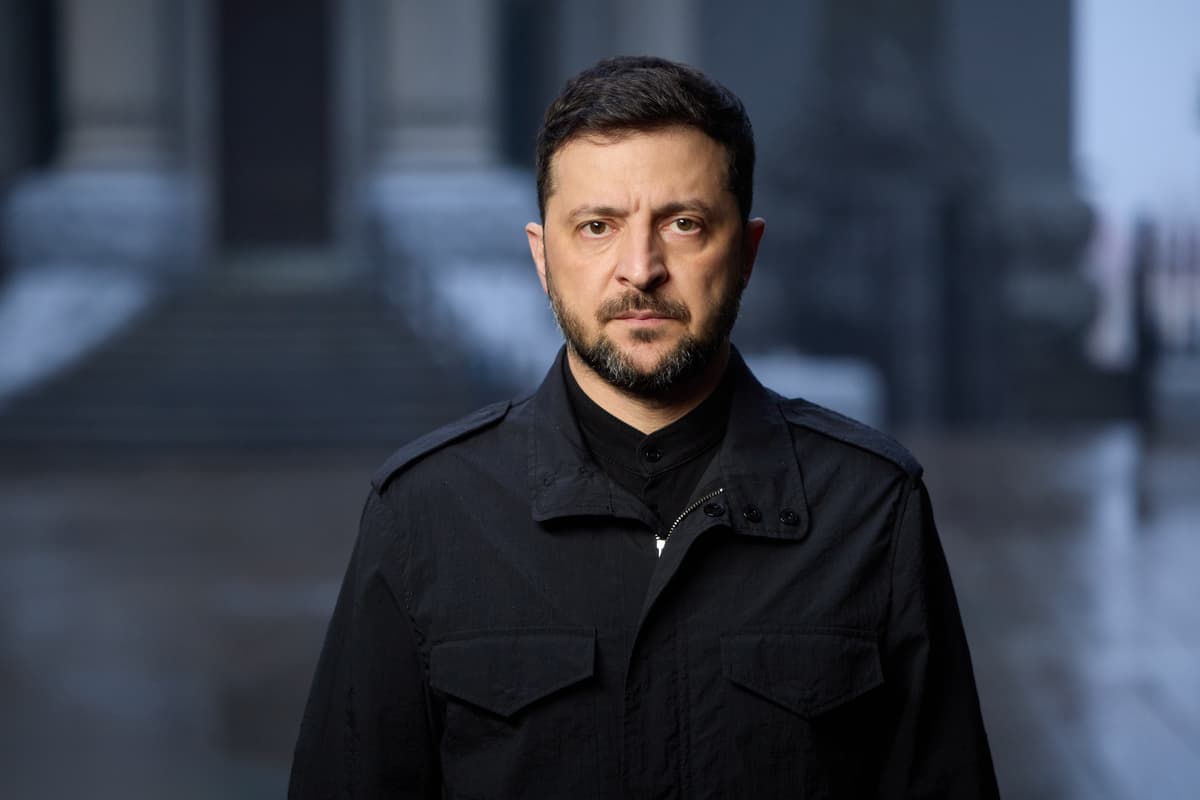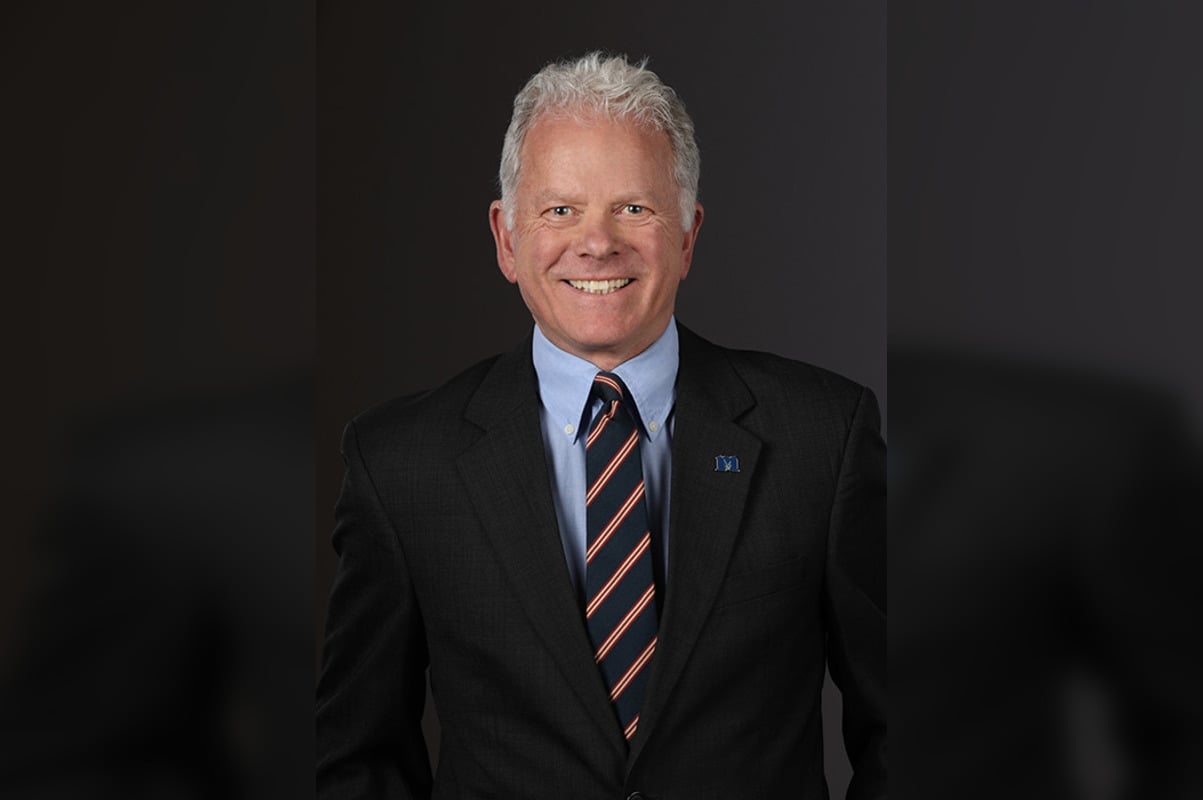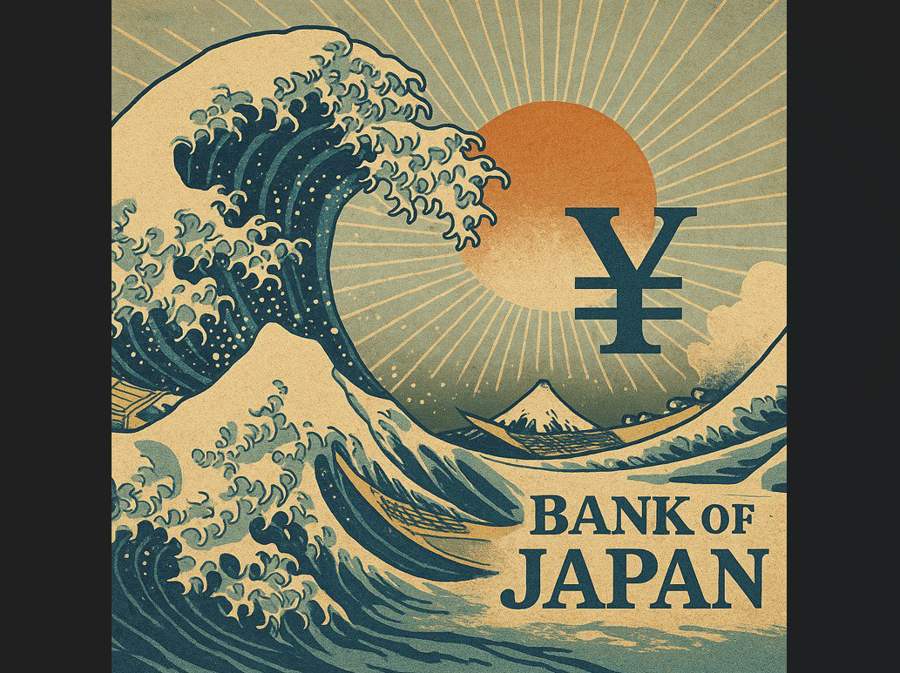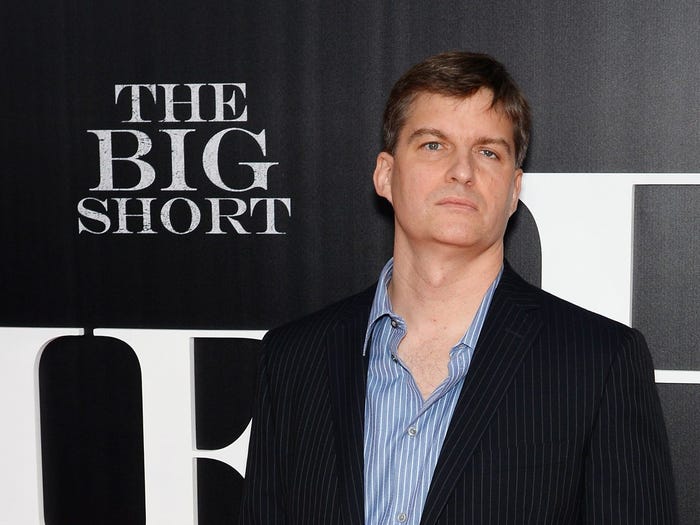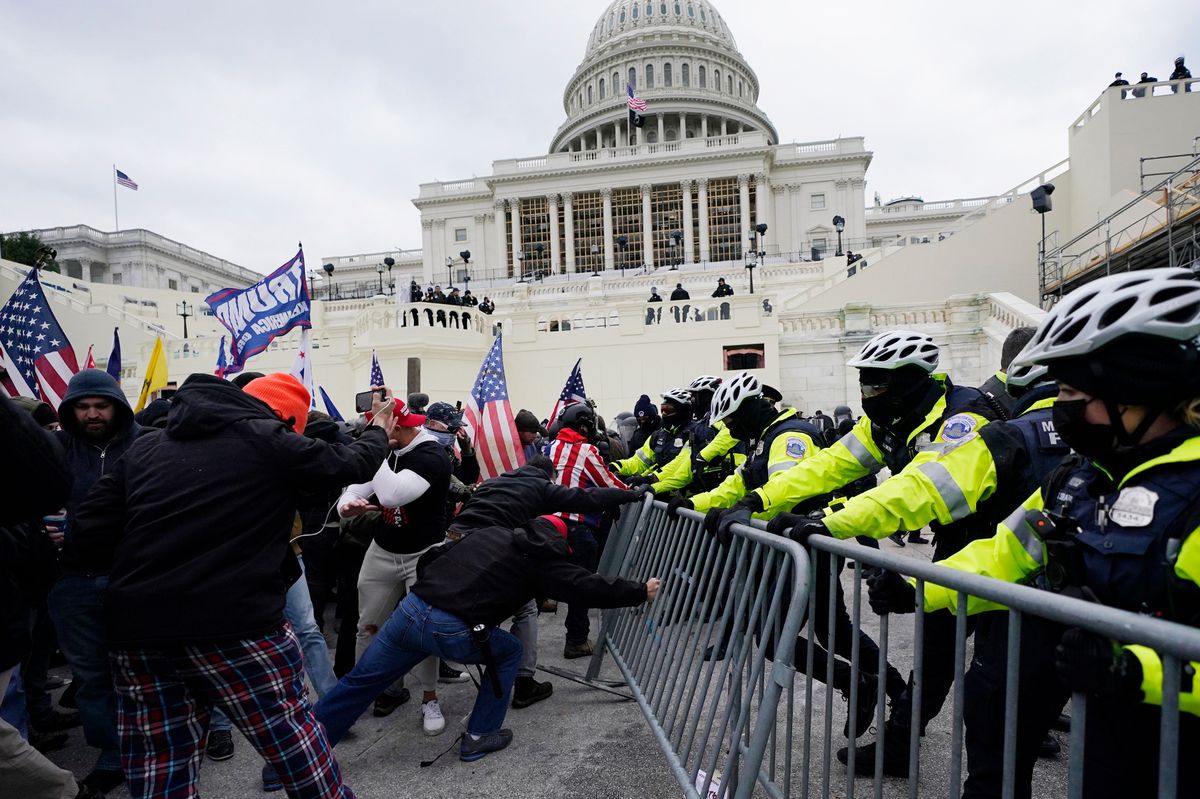UPDATE: European leaders are mobilizing in response to President Donald Trump’s urgent peace proposal for Ukraine, announced during the G20 Summit in Johannesburg. In a high-stakes meeting today, leaders from 11 European nations and the European Union are formulating a counterproposal amid fears that Ukraine may face significant pressure to accept Trump’s terms by November 23, 2023.
The urgency stems from Trump’s insistence that Ukraine must agree to a peace plan, which his officials claim lacks European endorsement. Reports indicate that the U.S. may threaten to withhold vital military aid and intelligence sharing if Ukraine does not comply. Vice President Vance, known for his critical stance on Ukraine, expressed skepticism via X, stating that merely increasing financial and military support will not ensure victory.
With American military assistance drastically reduced this year, nearly all military aid now comes from Europe. Ukraine is ramping up its own capabilities, developing the local alternative to American long-range missiles known as the Flamingo, and conducting successful strikes on Russian oil facilities. This shift highlights Ukraine’s growing self-reliance, as it increasingly relies on its own intelligence capabilities to target Russian infrastructure.
As the pressure mounts, Ukrainian President Volodymyr Zelensky is expected to leverage European support strategically. He emphasized in a national address the critical role of European allies in safeguarding against Russian aggression, stating, “Ukraine is now the only shield separating comfortable European life from Putin’s plans.”
The proposed peace plan includes controversial measures, such as ceding approximately 888 square miles of Ukrainian territory to Russia and reducing Ukraine’s military to 600,000 soldiers. Despite these concessions, a recent survey by the Kyiv International Institute for Sociology revealed that a staggering 71% of Ukrainians oppose transferring any territory to Russia.
Adding to the complexity, Trump’s plan aims to divide approximately $250 billion of frozen Russian assets into funds for reconstruction in Ukraine and investments in Russia. European leaders are wary, wanting these funds to serve as collateral for a potential reparations loan to Ukraine, which could alleviate immediate financial strains without requiring direct funding from Europe.
European officials, including France’s Foreign Minister Jean-Noel Barrot, have voiced strong objections to the idea that peace should equate to capitulation. Barrot emphasized the necessity of including Ukrainian voices in all negotiations. His German counterpart, Johann Wadephul, underscored that Europe stands firmly as defenders of Ukraine in this conflict.
As the deadline approaches, tensions are palpable. Zelensky is expected to maintain diplomatic decorum while firmly rejecting any proposals perceived as unfavorable. The Ukrainian public’s sentiment is growing increasingly resistant to perceived betrayals, with social media reflecting a deep mistrust of the current negotiations.
In the U.S. Senate, skepticism is also mounting. Senator Roger Wicker criticized the peace plan, calling for Ukraine’s territorial integrity to be upheld. Similarly, Senator Mitch McConnell expressed concerns that prioritizing appeasement over genuine peace risks undermining Ukraine’s fight for freedom.
As the situation unfolds, the world watches closely. The outcome of today’s discussions could shape not only the future of Ukraine but also the geopolitical landscape of Europe. As negotiations intensify, all eyes are on the European leaders to see if a united front can emerge against Trump’s contentious peace plan.
Stay tuned for real-time updates on this developing story.

